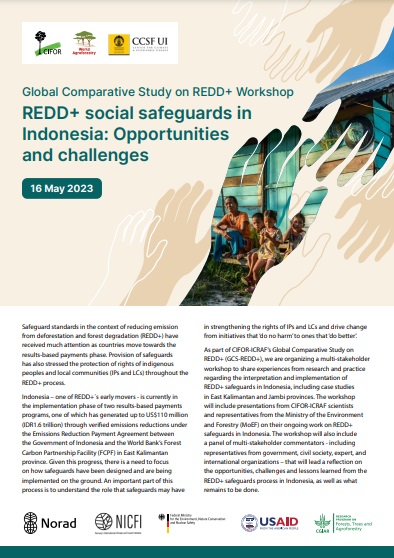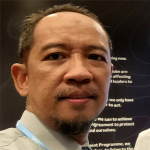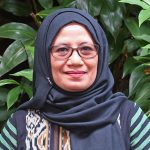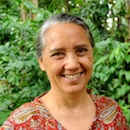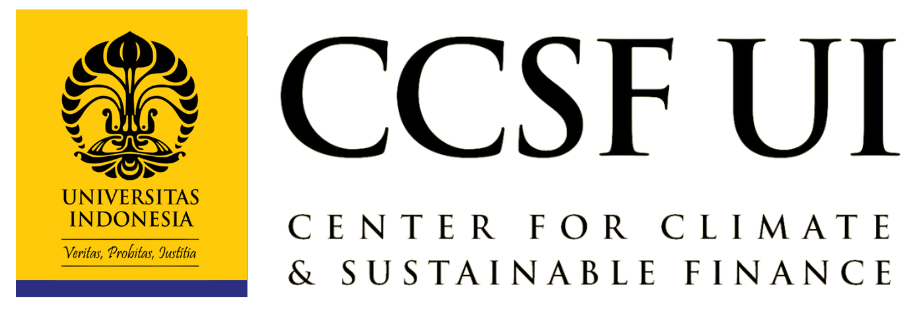Safeguard standards in the context of reducing emission from deforestation and forest degradation (REDD+) have received much attention as countries move towards the results-based payments phase. Provision of safeguards has also stressed the protection of rights of indigenous peoples and local communities (IPs and LCs) throughout the REDD+ process.
Indonesia – one of REDD+´s early movers – is currently in the implementation phase of two results-based payments programs, one of which has generated up to US$110 million (IDR1.6 trillion) through verified emissions reductions under the Emissions Reduction Payment Agreement between the Government of Indonesia and the World Bank’s Forest Carbon Partnership Facility (FCPF) in East Kalimantan province. Given this progress, there is a need to focus on how safeguards have been designed and are being implemented on the ground. An important part of this process is to understand the role that safeguards may have in strengthening the rights of IPs and LCs and drive change from initiatives that ‘do no harm’ to ones that ‘do better’.
As part of CIFOR-ICRAF’s Global Comparative Study on REDD+ (GCS-REDD+), we are organizing a multi-stakeholder workshop to share experiences from research and practice regarding the interpretation and implementation of REDD+ safeguards in Indonesia, including case studies in East Kalimantan and Jambi provinces. The workshop will include presentations from CIFOR-ICRAF scientists and representatives from the Ministry of the Environment and Forestry (MoEF) on their ongoing work on REDD+ safeguards in Indonesia. The workshop will also include a panel of multi-stakeholder commentators – including representatives from government, civil society, expert, and international organizations – that will lead a reflection on the opportunities, challenges and lessons learned from the REDD+ safeguards process in Indonesia, as well as what remains to be done.
Agenda
Contact: Nining Liswanti (n.liswanti@cifor-icraf.org)













